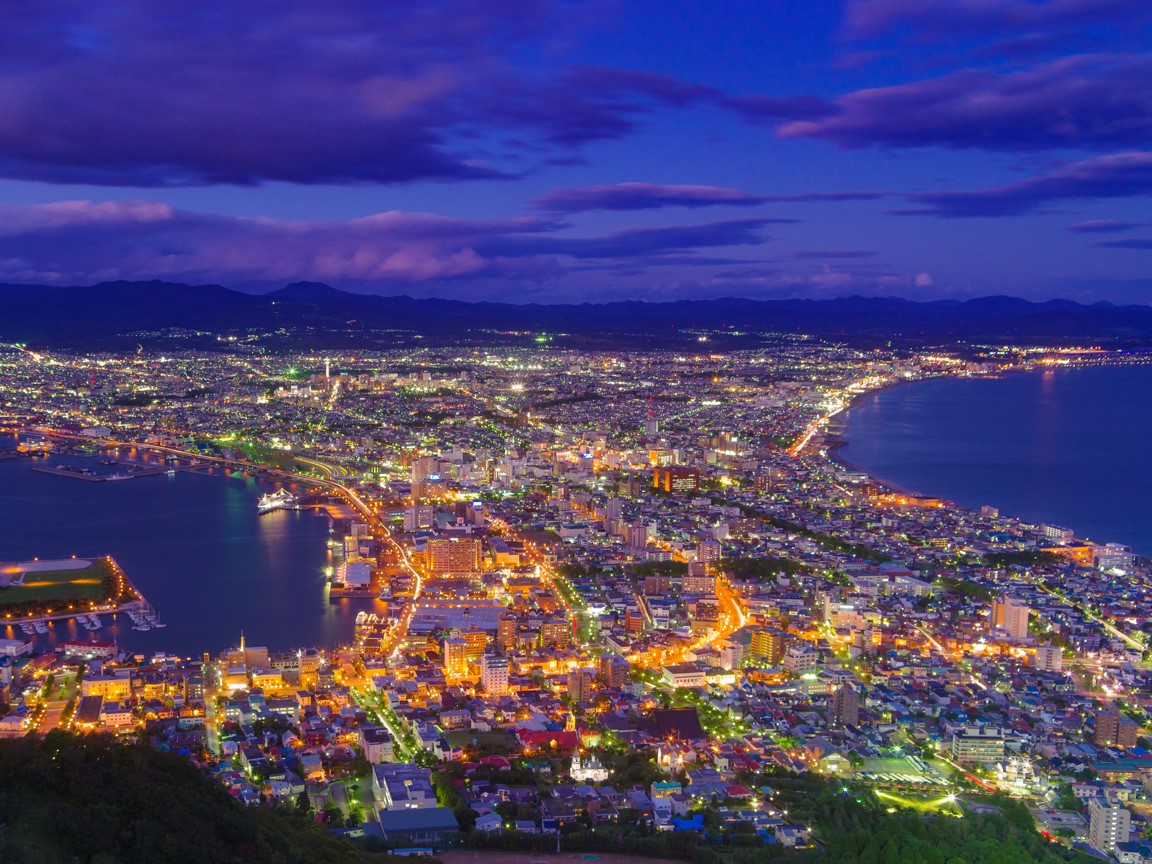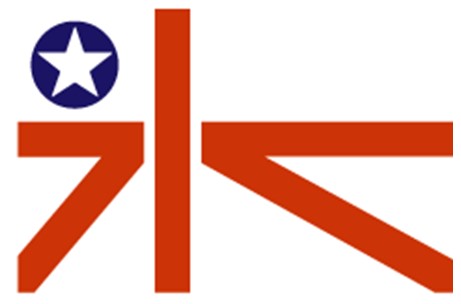JP
EN
for 2022 DEMOLA HOKKAIDO
SEASON 3rd

函館「第二の開国」プロジェクト 函館をスタートアップの聖地に!
The second opening of a country from Hakodate Make Hakodate a Mecca for startups!!
PARTNER

北海道大学大学院水産科学研究院・大学院水産科学院・水産学部
HOKKAIDO UNIVERSITY FISHERIES SCIENCES

PARTNER
北海道大学大学院水産科学研究院・大学院水産科学院・水産学部
HOKKAIDO UNIVERSITY FISHERIES SCIENCES
The Brief
皆さんは、「函館」と聞いて何を思い浮かべますか?
「夜景」(函館山)、「異国情緒」(赤レンガ倉庫、元町)、「海産物」(イカ、コンブ、朝市)、歴史(五稜郭、開国)などでしょうか?
全国的に大きな課題である少子高齢化に加え、若者の都市部への流出は、地域経済や日常生活に必要なサービスの低下を招いてしまい、皆さんが思い浮かべたものが維持できなくなるかもしれません
函館は、横浜港・長崎港とともに日本国内で最初の貿易港(交易港)として開港し、北海道開拓の交通の拠点、北洋漁業の基地の町として発展を続けました。 “開国”から始まった激動の時代の中、多くの若者が活躍し、様々な産業を興すことで函館の礎を築いてきました。そして現在、高速道路や北海道新幹線などの鉄道網、航空路線の全地球的ネットの形成、大型客船の入港など、交通のグローバル化が進んでいます。また、函館市が代表となり持続可能な水産・海洋都市の構築を目指す「魚介藻類養殖を核とした持続可能な水産・海洋都市の構築~地域カーボンニュートラルに貢献する水産養殖の確立に向けて~」が、内閣府「地方大学・地域産業創生交付金」の令和4年度交付対象事業に採択されるなど、「第二の開国」の絶好のチャンスを迎えています。
函館を現代のスタートアップの聖地とすることで、函館を再度光り輝かせることはできないでしょうか?
Category
【Society & Cultur】
*DEMOLA Global HPにてテーマを探す際に使用してください
The Background
北海道大学大学院水産科学研究院・大学院水産科学院・水産学部は、札幌農学校水産学科を源流として、海洋・水産に関する幅広い教育・研究、練習船「おしょろ丸」「うしお丸」や七飯淡水実験所等を用いた実学に即した教育・研究など、人と海を繋ぐサイエンスである 「水産科学」を実践しています。
SDGsの14番目の目標として「海洋と海洋資源を持続可能な開発に向けて保全し持続可能な形で利用する」があります。この目標と本学部は密接な関係を持っています。海の環境を守るとともに破壊されてしまった環境を修復・改善し、豊かな水産資源を次の世代に引き継ぐためにも、我が国だけでなく、世界の水産業は持続可能な形に生まれ変わらなければなりません。私たちは水産業を持続可能な形に変えていくためのサイエンス 「水産科学」 の実践に挑みます。
・北海道大学大学院水産科学研究院・大学院水産科学院・水産学部
https://www2.fish.hokudai.ac.jp/
・北海道大学バランスドオーシャン(LASBOS)
https://repun-app.fish.hokudai.ac.jp/
The Challenge
1853年にアメリカからペリーが来航し、函館は、1859年(安政6年)に横浜港・長崎港とともに日本国内で最初の貿易港(交易港)として開港しました。1869年7月に開拓使が設置され、北海道開拓の交通の拠点として、銀行と海運業、海産物や舶来品を扱う企業の勃興がみられるなど、北洋漁業の基地の町として発展を続けました。このように“開国”から始まった激動の時代の中、全国・世界から多くの若者がチャンスを求めて函館に渡り活躍し、様々な産業を興すことで函館の礎を築いてきました。
近年、函館は、水産業を基盤として、陸海空の交通のグローバル化が進んでいます。高速道路と鉄道網、航空路線の全地球的ネットの形成、世界中からの大型「遊歴船」(観光船)の大量入港などです。そして、本年度、函館市が代表となり、内閣府「地方大学・地域産業創生交付金」の令和4年度交付対象事業に採択されました。持続可能な水産・海洋都市の構築を目指す本プロジェクト(「魚介藻類養殖を核とした持続可能な水産・海洋都市の構築~地域カーボンニュートラルに貢献する水産養殖の確立に向けて~」)では、北海道大学大学院水産科学研究院を中心に、地域の高等教育機関、研究開発機関、企業、漁業者等が連携し、日本初となる「キングサーモン」と「コンブ」の完全養殖生産に向けた研究開発や、漁業を始めとする一次産業の付加価値向上を担う人材育成を進めます。このように函館は、安政期に次ぐ「第二の開国」の絶好のチャンスを迎えています。
皆さんが思い浮かべた既存のリソース、研究開発が進む「キングサーモン」と「コンブ」の完全養殖生産、発展目まぐるしいIT技術など、掛け合わせは無限大!皆さんの発想がイノベーションに結び付く環境が整いました!
函館を、世界市場を見据えたスタートアップの聖地とすることで、今まで以上に函館を光り輝かせることはできないでしょうか?そして、そのために私たちは何をするべきなのでしょう?私たちと一緒に、令和時代の「第二の開国」を成し遂げましょう!
The Brief
What does Hakodate make you think of?
"Night view - Mt. Hakodate," "Exotic atmosphere - Red Brick Warehouse, Motomachi," "Seafood - squid, sea kelp, morning market," or "History - Goryokaku, Kaikoku" etc.?
These wonderful things in your mind might not be able to be sustainable due to the declining birthrate, increasing aging population, and young people's dispersal to urban areas from Hakodate.
Hakodate, along with the ports of Yokohama and Nagasaki, was opened as Japan's first modern trading ports (trade ports) during the era of dramatic changes in Japan at the last period of the Edo area. After that, Hakodate developed as a transport hub of Hokkaido and a base for Northern-sea fisheries. The leading performers who brought such economic success were Hakodate's ambitious "young people." They were the first entrepreneurs in Hokkaido and developed many startups.
Nowadays, Hakodate is increasingly globalized in terms of transportation, for example, the highways, Shinkansen, airlines, and luxury cruise lines. In addition, the new big project "Establishment of a Sustainable Fishery and Marine City employing the Fish and Seaweed Cultivation: Toward the Establishment of Mariculture that Contributes to Regional Carbon Neutrality" has been launched in FY2022. Hakodate City leads the project with budget support from the Cabinet Office's "Regional University and Regional Industry Creation Grant."
We now face a great opportunity for a "second opening to the world." Can we make Hakodate shine again by making it a Mecca for startups of this new era?
Category
【Society & Cultur】
*Please use it to search for themes on DEMOLA Global HP.
The Background
The Faculty of Fisheries Sciences, Graduate School of Fisheries Sciences, and School of Fisheries Sciences, Hokkaido University originated from the Department of Fisheries at Sapporo Agricultural College. It practices "Fisheries Science," a wide range of education and research that connects humans and the sea, focusing on practical learning using training ships "Oshoro Maru" and "Ushio Maru" and other satellite education institutions such as the Nanae Freshwater Experiment Station.
The fourteenth goal of the SDGs is "to conserve and sustainably use the oceans and marine resources for sustainable development." This goal is closely related to our School. To conserve marine resources and maintain a healthy ocean for future generations, local and global fisheries must become eco- and human-friendly, sustainable industries.
The staff and students who belong to the Faculty of Fisheries Sciences, Graduate School of Fisheries Sciences, and School of Fisheries Sciences, Hokkaido University are joining the global effort towards the "blue transformation" of these industries through fisheries research and education
・Hokkaido University Fisheries Sciences
https://www2.fish.hokudai.ac.jp/
・Hokkaido University Balance de Ocean (LASBOS)
https://repun-app.fish.hokudai.ac.jp/
The Challenge
In 1853, Perry arrived from the U.S., and Hakodate was opened as the first trading port in Japan along with Yokohama and Nagasaki in 1859. In July 1869, the Kaitakushi (Hokkaido Development Office) was established. After that, as a transportation hub for the development of Hokkaido, Hakodate continued to develop as a base for the Northern-sea fishing industry, with the emergence of banks, shipping companies, and trading companies handling marine products and imported goods. In such a turbulent era that began with the opening of Japan to the outside world, many young people from all over the country and the world gathered to Hakodate in search of opportunities for new businesses. They were the first entrepreneurs in Hokkaido and developed many startups. Hakodate's foundation was laid through their activities to newly develop various industries.
In recent years, Hakodate put its industrial base on its fisheries industry and has faced the globalization of land, sea, and air transportations. This includes the construction of expressways and rail networks, including the Shinkansen line, global air routes, and the arrival of large numbers of luxury cruise ships from around the world. This year, Hakodate City was selected as a recipient of the Cabinet Office's "Regional University and Regional Industry Creation Grant." This project, "Establishment of a Sustainable Fishery and Marine City employing the Fish and Seaweed Cultivation: Toward the Establishment of Mariculture that Contributes to Regional Carbon Neutrality," aims to build a sustainable "fisheries and marine city." People form all sectors of the Hakodate area, such as fishermen, Hakodate city goverment officers, and researchers in the universities and research institutes will collaborate to realize Japan's first complete aquaculture production of "King Salmon" and "Sea Kelp" as well as human resource development system for developing value-added primary industries.
In this way, every person in Hakodate is faces an excellent opportunity for a "second opening of the country" following the Ansei Era.
The combination of resources in Hakodate, ex. [complete aquaculture production of King Salmon and Sea Kelp] [IT technology that is developing at a dizzying pace], is enormous! The environment is now in place for your ideas to lead to innovation!
By making Hakodate a mecca for startups with an eye on the global market, we can invigorate Hakodate more than ever before. What should we do to achieve this?
Together with us, let's accomplish the "second opening of the country" in the 21st Century!